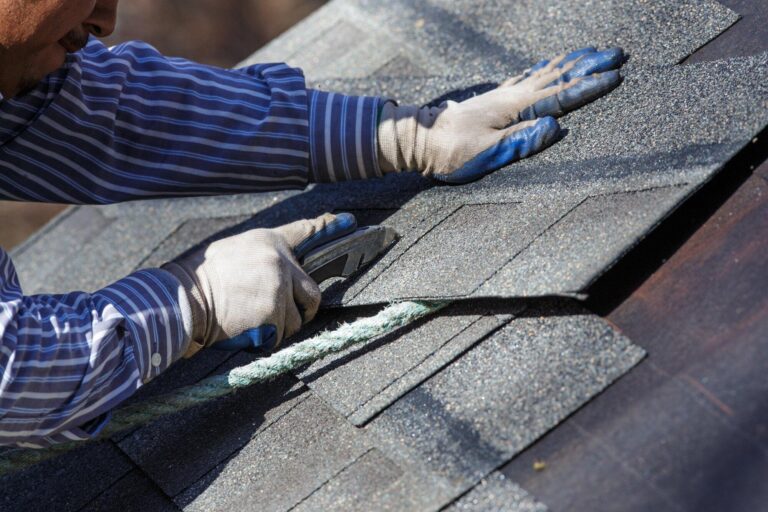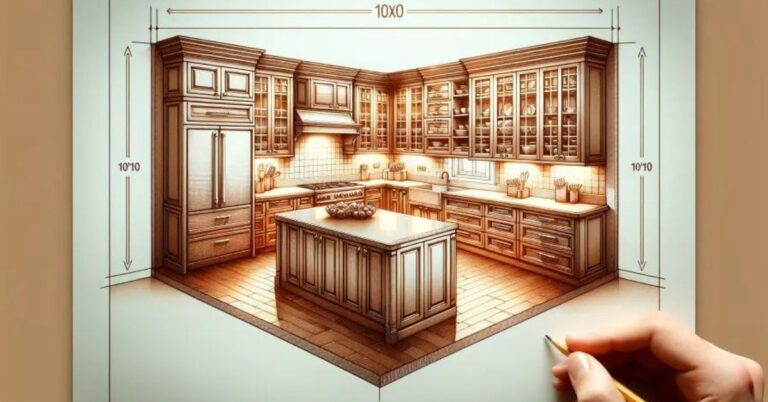Commercial vs. Residential Metal Roofs: Key Differences and How Experts Can Assist
When selecting the correct type of roofing for a building, deciding between commercial and residential metal roofing can be complex. Each option has unique features and benefits suited to different kinds of structures. What are the key differences between these two options? This article delves into these aspects.
For instance, Green Knight Roofing offers property owners and developers valuable insights. Experts guide the decision-making process, considering factors like climate, building size, and roof usage. They provide assessments that help in choosing the appropriate material. This ensures both functionality and aesthetic appeal for any building.
Structural Requirements: Commercial vs. Residential
The primary distinction between commercial and residential metal roofing is their structural requirements. Commercial roofs typically cover larger areas and must withstand additional burdens such as heavy equipment and frequent maintenance activities. These roofs are often flat or have a low slope, influencing the type of metal materials and installation methods used.
On the other hand, residential metal roofing is designed with aesthetics and durability in mind. These roofs can be steeply pitched and are available in various styles and colors to complement the home architecture. Residential metal materials are often lighter than their commercial counterparts, tailored to enhance visual appeal and provide long-lasting protection against environmental factors.
Material Differences and Durability
The choice of materials for commercial and residential roofs also varies significantly. Commercial metal roofing often utilizes thicker gauge panels or built-up systems incorporating multiple layers for enhanced durability and puncture resistance. These materials are engineered to meet the specific demands of commercial applications, including fire resistance and thermal performance.
Residential metal roofs are highly durable and prioritize aesthetics along with functionality. Materials such as aluminum, copper, or painted steel are popular choices that offer both beauty and longevity. These materials resist corrosion, withstand severe weather conditions, and are available in various finishes that mimic traditional materials like tiles or shingles.
Installation Techniques and Expertise
Installing metal roofing requires specialized knowledge and tools, particularly in commercial settings. Commercial projects involve complex considerations such as the building’s thermal movement, weight distribution, and water drainage needs. Expert contractors ensure that the installation meets industry standards and building codes.
While residential installations also require professional expertise, they typically involve fewer complex variables. The focus is often on achieving a seamless look that integrates with the home’s design. Expert installers ensure the roofing is aesthetically pleasing, properly sealed, and ventilated to enhance the home’s energy efficiency.
Maintenance and Cost Considerations
Maintenance needs for commercial and residential metal roofs differ due to their structural characteristics and exposure to environmental elements. Commercial roofs often require regular inspections to manage the integrity of the roof system, especially in environments that can lead to wear and tear over time. Preventative maintenance is crucial to avoid costly repairs and extend the roof’s lifespan.
How Experts Can Assist
Choosing between commercial and residential metal roofing involves several considerations beyond mere appearance. Roofing experts, such as those at Green Knight Roofing, guide clients through these decisions. They provide assessments based on the building’s location, intended use, and budget. Additionally, these professionals ensure compliance with local regulations and help maximize the roof’s lifespan through proper installation and maintenance plans.
While commercial and residential metal roofs offer robust protection and durability, a building’s specific needs dictate the best type of roofing system. With the assistance of experienced roofing professionals, property owners can make informed decisions that result in long-term benefits and satisfaction.







